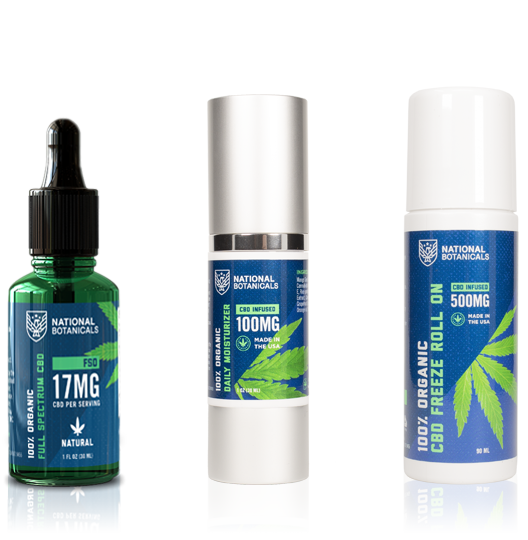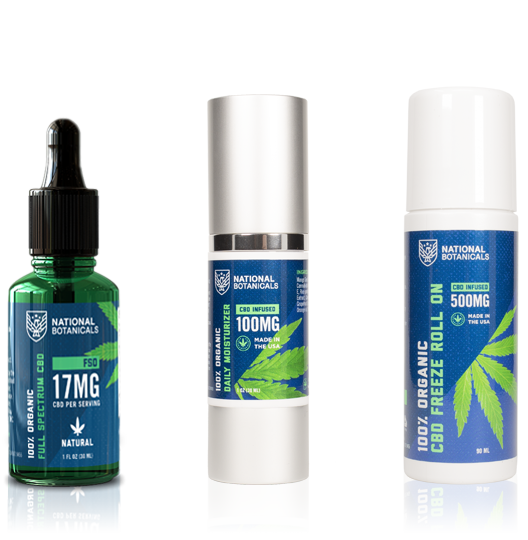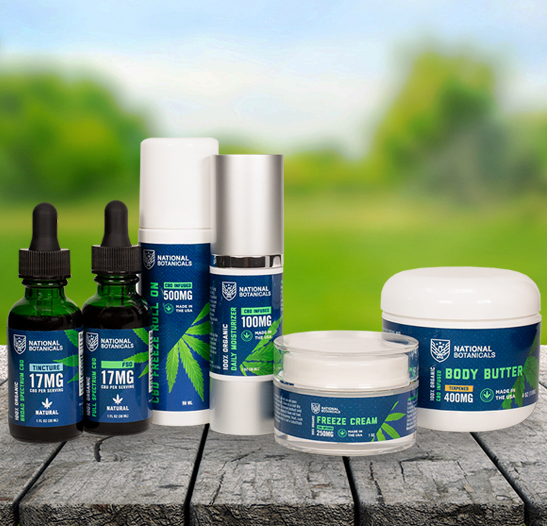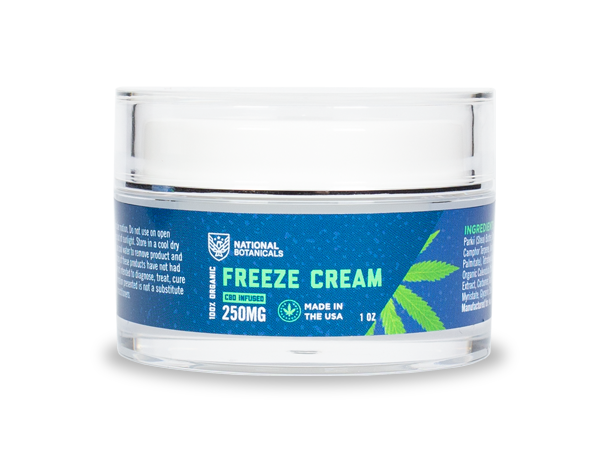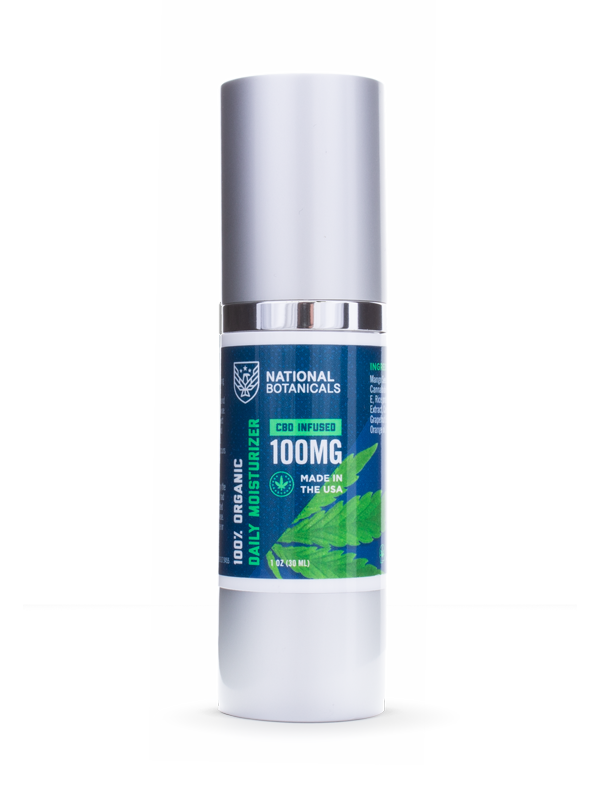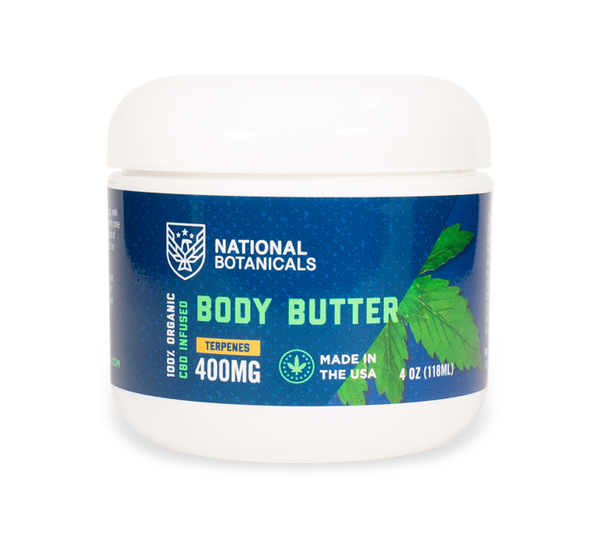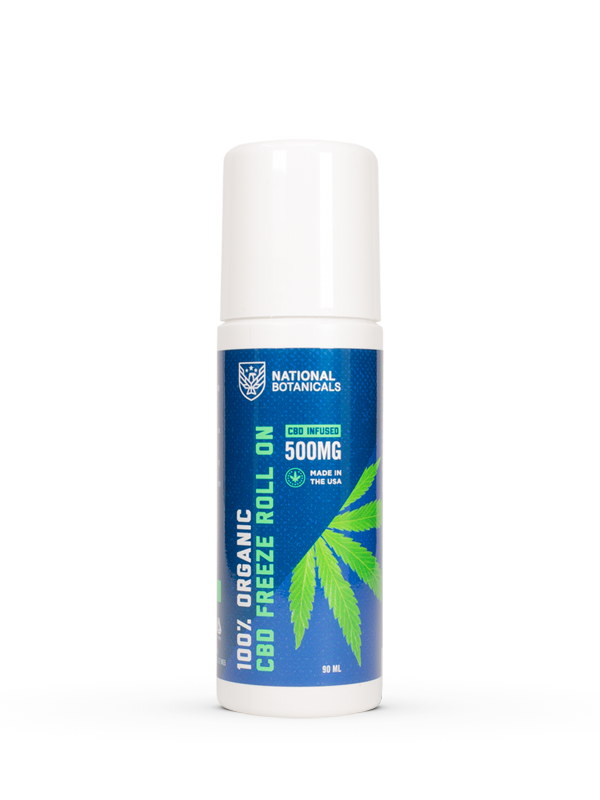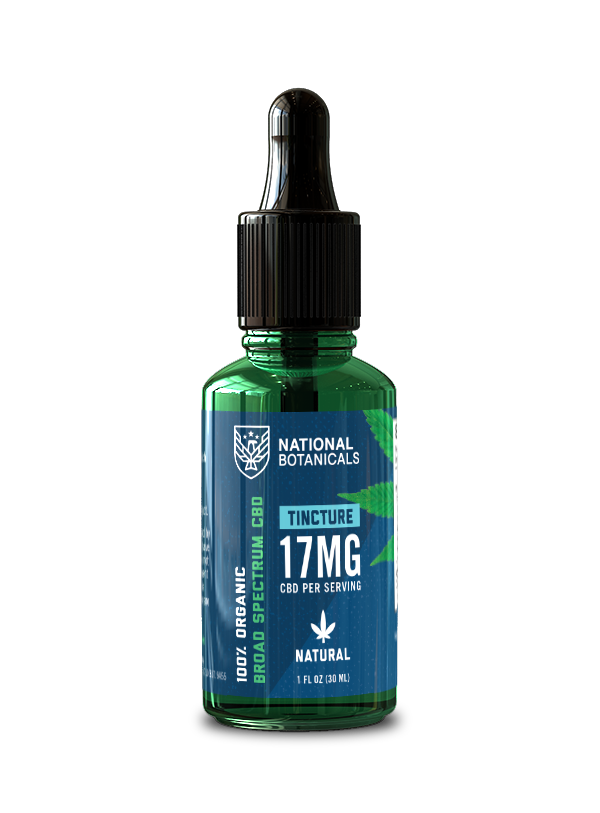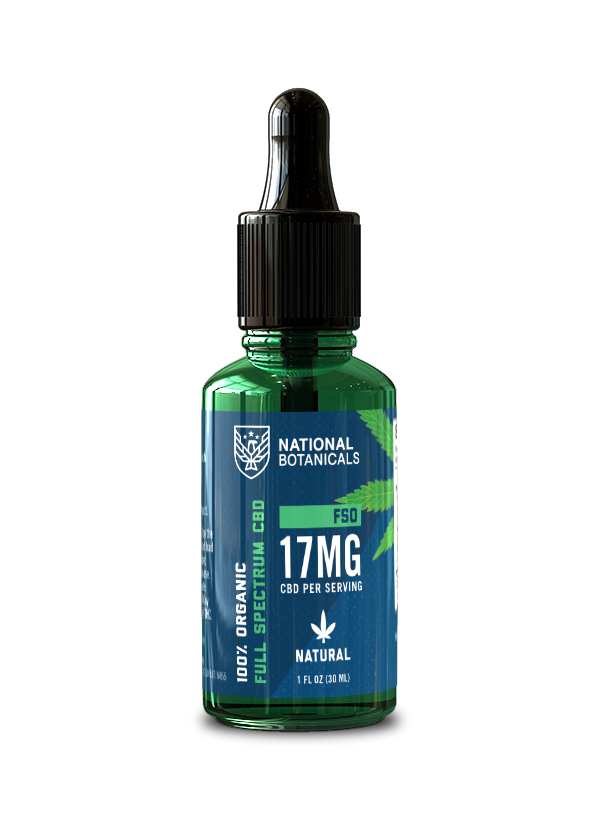Why It’s Important to Go Organic
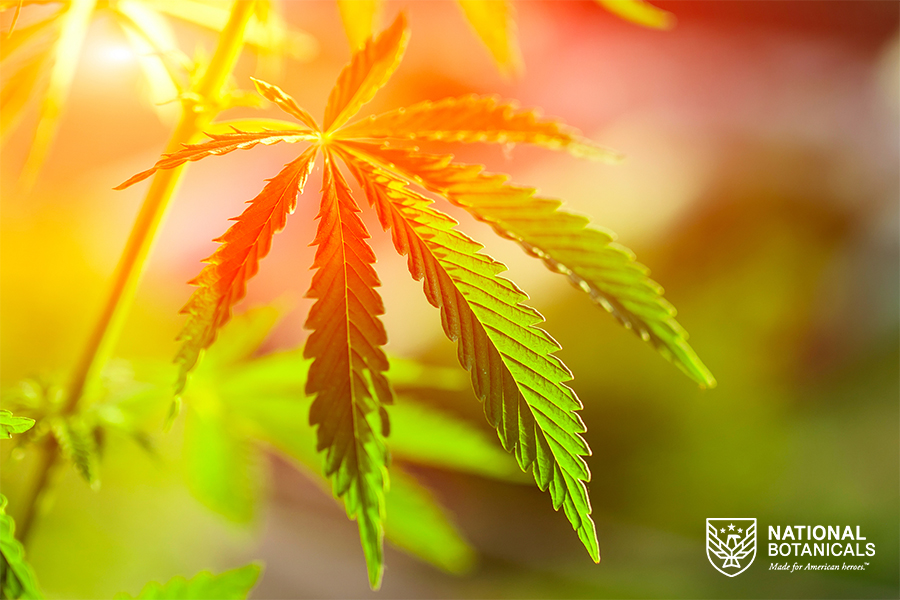
The USDA keeps track of and regulates food production in America. For any food to include USDA Organic in the label, it has to adhere to certain parameters. For instance, farmers have to grow fruits, vegetables, and crops without the use of synthetic pesticides or artificial fertilizers. In addition, the soil on which the crops are planted has to be free of synthetic pesticides use for at least 3 years and all organic foods must not contain any GMOs or genetically modified organisms.1
Understanding GMOs
One of the most important aspects of organic crops and produce is that farmers do not genetically modify (GM) them. Farmers and large corporations have been genetically modifying crops to increase pest resistance, quantity, and viability. For example, most soy and corn crops in America originate from GM seeds.
GM foods usually have longer shelf lives and are brighter in colors. GM crops yield bigger harvests and are more resilient to weather changes. This may sound somewhat harmless, but since genetic modification is a relatively new practice, there is not much information on long term effects of GM foods.
Some believe that GM crops may negatively affect people with allergies. Many food allergies have their origins in the proteins of the offending food. Specifically, because genetic modification involves the transfer of proteins from one food to another it can cause unexpected food allergies in people. One study, for example, found a presence of Brazilian nut protein in genetically modified soybeans. This would mean unsuspecting individuals with Brazilian nut allergy would react adversely to these specific GM soybeans.2
Another concern raised by some is the effect GM crops may have on antibiotic-resistant bacteria. Scientists engineer many GM crops with antibiotic-resistant genes used as markers. This could potentially mean that those who consume GMOs may be at a higher risk for developing antibiotic resistant bacteria.3 This is a serious issue as antibiotic-resistant bacteria have been on the rise in the past decade and according to the CDC result in 23,000 deaths annually.4
Because organic crops do not involve the use of genetic modification, they may be a more reasonable choice for people with concerns about allergies and antibiotic resistance.
Pesticides
Nonorganic produce is allowed to be treated with synthetic pesticides and herbicides. For instance, one such pesticide called “Roundup” and it made news in 2019. A judge awarded a California couple with cancer $86.7 million dollars in a lawsuit against Roundup. The couple claimed they developed cancer after using the pesticide, and the judge seems to have validated their claims. As a matter of fact, Roundup has now been classified as a potential human carcinogen. Furthermore, the synthetic herbicide chlorpyrifos has been associated to developmental delays in infants.5
Farmers grow organic crops and produce without the use of synthetic pesticides and herbicides which many believe to be a much safer option.
Nutrients
Research has shown that organically grown foods contain more nutrients and antioxidants as compared to similar nonorganic crops. It has also been shown that because of the difference in fertilization techniques, organic foods contain less cadmium – a toxic metal that can accumulate in the liver and kidneys.6
If you use something daily it would stand to reason you would receive better service from a product that provides the best quality.
Organic Power
What you put in your body has immediate as well as long lasting effects on your overall health. Even more, purchasing products that are clearly labeled and carefully sourced can give you the best results and peace of mind.
A large amount of research suggests that choosing organic foods and supplements can be better for your overall health. Further, choosing a CBD product whose source is pure organic hemp is an important part of taking care of yourself.
Here at National Botanicals your health and wellbeing is our utmost priority. This is why our CBD products are made from 100% pure, organic, and responsibly sourced hemp and are labeled as such.
To learn more about CBD, visit our FAQ page.
References
1 U.S. Department of Agriculture; “Organic 101: What the USDA Organic Label Means”
2 The New England Journal of Medicine; “Identification of a Brazil-Nut Allergen in Transgenic Soybeans”
3 National Center for Biotechnology Information; “Antibiotic resistance and genetically modified plants”
4 Centers for Disease Control and Prevention; “Antibiotic Resistance: A Global Threat”
5 TIME Magazine; “4 Science-Backed Health Benefits of Eating Organic”
6 National Center for Biotechnology Information; “Higher antioxidant and lower cadmium concentrations and lower incidence of pesticide residues in organically grown crops: a systematic literature review and meta-analyses”
